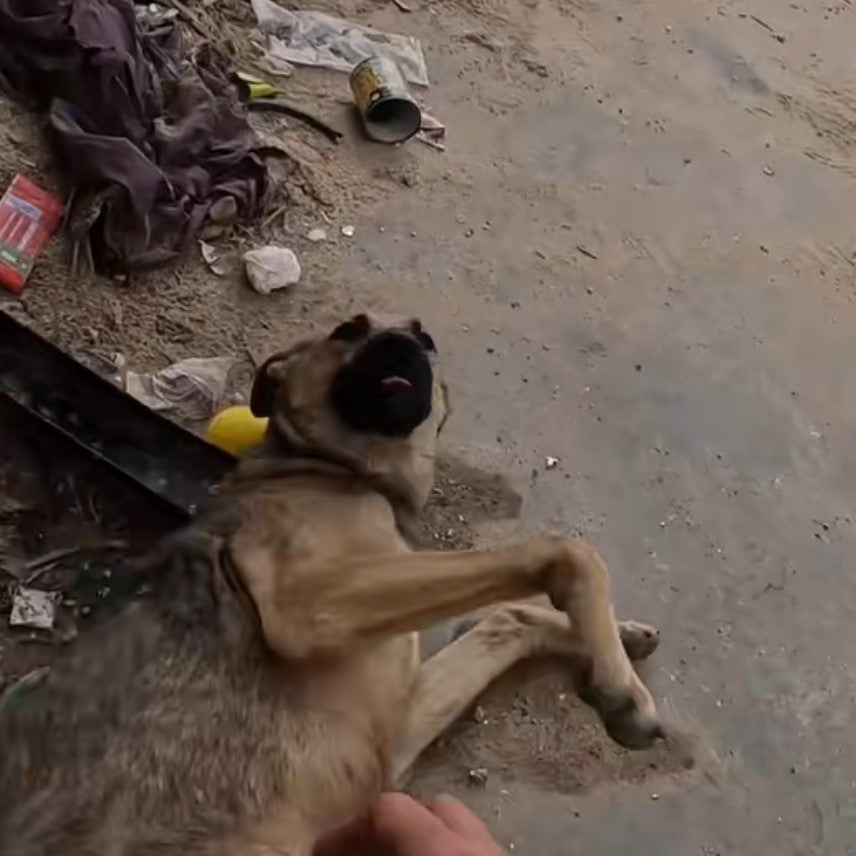
Double Standards of Mercy
Share
When Kindness for a Dog Overshadows Humanity for the Oppressed
In a heart warming yet deeply unsettling tale that has made headlines, an Israeli soldier was celebrated for rescuing a dog from the rubble of a destroyed house in Gaza City. The story, filled with images of the soldier gently carrying the trembling animal to safety, has garnered widespread applause. Social media lit up with
comments praising his act of kindness, hailing him as a symbol of humanity amid chaos. The rescued dog, now living a comfortable life in the soldier’s home, has become a symbol of hope for many.
But beneath this narrative of compassion lies an uncomfortable silence—one that exposes the glaring double standards of our collective conscience.
While the world cheered for the dog, no one asked why the animal was alone. The destroyed house from which it was rescued once belonged to a family. Where is that family now? Are they among the rubble, crushed beneath the weight of the destruction? Were they killed in the attack, arrested, or forced to flee? What circumstances led to this dog's solitude in a city turned into a graveyard for its residents?
These questions remain unanswered, ignored, or deliberately avoided. Instead, the soldier’s act of saving a dog has been elevated to a moral high ground, overshadowing the violence and destruction that left the dog ownerless in the first place.
It is a chilling paradox: the same soldier who is lauded for his humanity toward a dog participated in an operation that obliterated human lives. The house the dog once called home did not collapse on its own. The family that cared for the animal did not disappear into thin air. They were likely victims of the very actions that turned Gaza into a war zone.
This selective compassion is a stark reminder of the double standards that plague our global conscience. To care for an animal is undoubtedly an act of kindness. But to ignore the suffering of humans—the rightful owners of that dog, the original inhabitants of the land—is an act of complicity in their oppression.
The celebration of the soldier’s kindness becomes grotesque when placed in the context of the larger narrative: the ongoing displacement, destruction, and dehumanization of Palestinians. The dog’s new life in a safe, loving home starkly contrasts with the shattered lives of Palestinians whose stories rarely garner the same sympathy.
This story highlights the absurdity of a world where the life of a dog can become a media sensation while the lives of its owners are erased from memory. It underscores the hypocrisy of showing mercy selectively, of choosing which lives deserve compassion and which can be disregarded.
True humanity lies not in saving a single life while destroying countless others, but in recognizing and respecting the dignity and worth of all lives. The dog’s rescue could have been a beautiful story—if only it weren’t a grim reminder of the ongoing suffering of Palestinians, whose voices and lives are too often silenced beneath the weight of a selectively compassionate narrative.
Until the world learns to extend its mercy to the oppressed and dispossessed with the same fervor as it does to a single rescued animal, the celebration of such acts will remain hollow, a tragic reflection of our moral failures.